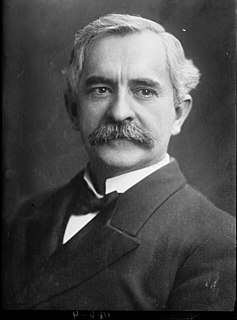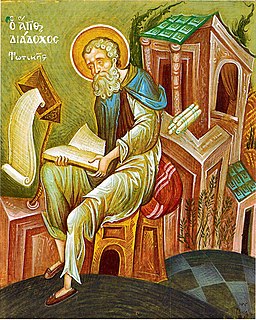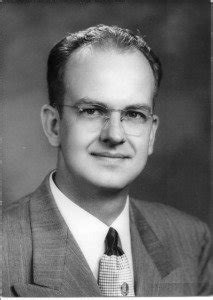A Quote by George Saunders
I sometimes imagine a great writer as a sort of God-surrogate: the writer is doing his or her human-best to emulate what God might think of is, if God was inclined to observe some human beings and present their activities in the form of a narrative.
Related Quotes
What sort of power is it that really and truly renders the deity present? Human beings automatically think of God as someone who possesses and wields power. Jesus forces people to consider whether that deeply rooted conviction is true or not. In historical terms it is readily apparent that power, left to its own inertial tendencies, tends to be oppressive in fact. So it cannot be the ultimate meditation of God, though human beings might tend to think so
And people who believe in God think God has put human beings on earth because they think human beings are the best animal, but human beings are just an animal and they will evolve into another animal, and that animal will be cleverer and it will put human beings into a zoo, like we put chimpanzees and gorillas into a zoo. Or human beings will all catch a disease and die out or they will make too much pollution and kill themselves, and then there will only be insects in the world and they will be the best animal.
When we unravel the theological tomes of the ages, the makeup of God becomes quite clear. God is a human being without human limitations who is read into the heavens. We disguised this process by suggesting that the reason God was so much like a human being was that the human beings were in fact created in God's image. However, we now recognize that if was the other way around. The God of theism came into being as a human creation. As such, this God, too, was mortal and is now dying.
God is not a Christian, God is not a Jew, or a Muslim, or a Hindu, or a Buddhist. All of those are human systems which human beings have created to try to help us walk into the mystery of God. I honor my tradition, I walk through my tradition, but I don't think my tradition defines God, I think it only points me to God.
God loves human beings. God loves the world. Not an ideal human, but human beings as they are; not an ideal world, but the real world. What we find repulsive in their opposition to God, what we shrink back from with pain and hostility, namely, real human beings, the real world, this is for God the ground of unfathomable love.
I have now come to a stage of realization in which I see that God is walking in every human form and manifesting Himself alike through the sage and the sinner, the virtuous and the vicious. Therefore when I meet different people I say to myself, “God in the form of the saint, God in the form of the sinner, God in the form of the righteous, God in the form of the unrighteous.
It is one of the great ironies of human history that some mortals with incorrect understanding of God and life's purposes sometimes scold God because of the abundance of human misery and suffering-which, indeed, lies all about us. Such individuals almost dare God to demonstrate His existence by straightening things out-and at once! But He is a much different kind of Father than that. Surely it is requisite to eternal life that we come to know God and Jesus Christ whom He has sent (see John 17:3).
When we think of God, we are apt to think of Him in human form. In the Epiphanies of the Old Testament God revealed Himself to Joshua and others in human form. He puts Himself within the compass of our highest conception, in order that He may make Himself real to us in His love and sympathy and power.
So who is God? No one can finally say. That is not within human competence. All we can ever say is how we believe we have experienced God, doing our best to dispel our human delusions. Let me try to do just that. I experience God as the source of life calling me to live fully and thus to respect life in every form as embodying the holy.
Seen through the eyes of faith, religion's future is secure. As long as there are human beings, there will be religion for the sufficient reason that the self is a theomorphic creature - one whose morphe (form) is theos - God encased within it. Having been created in the imago Dei, the image God, all human beings have a God-shaped vacuum built into their hearts. Since nature abhors a vacuum, people keep trying to fill the one inside them.


































